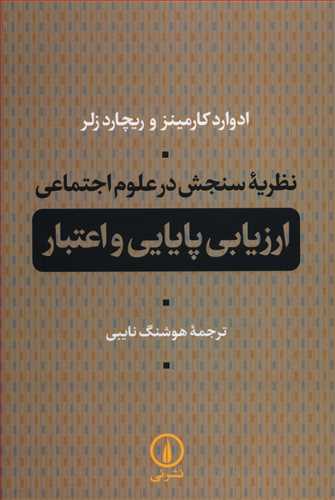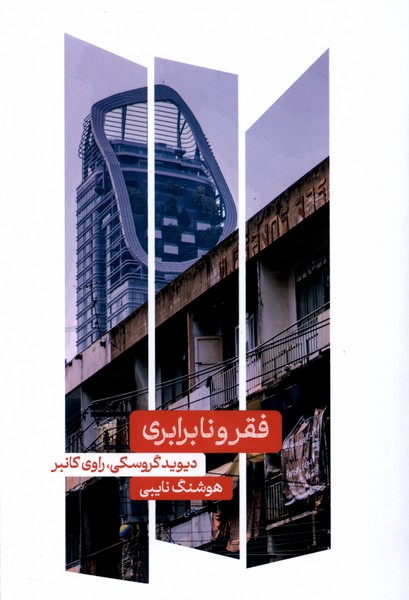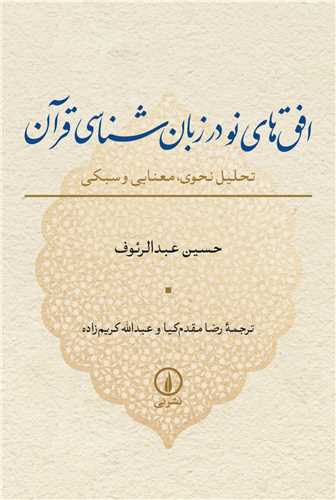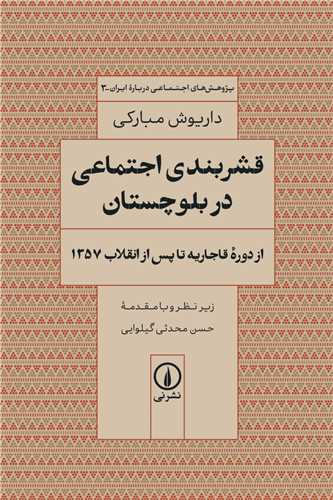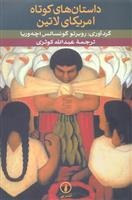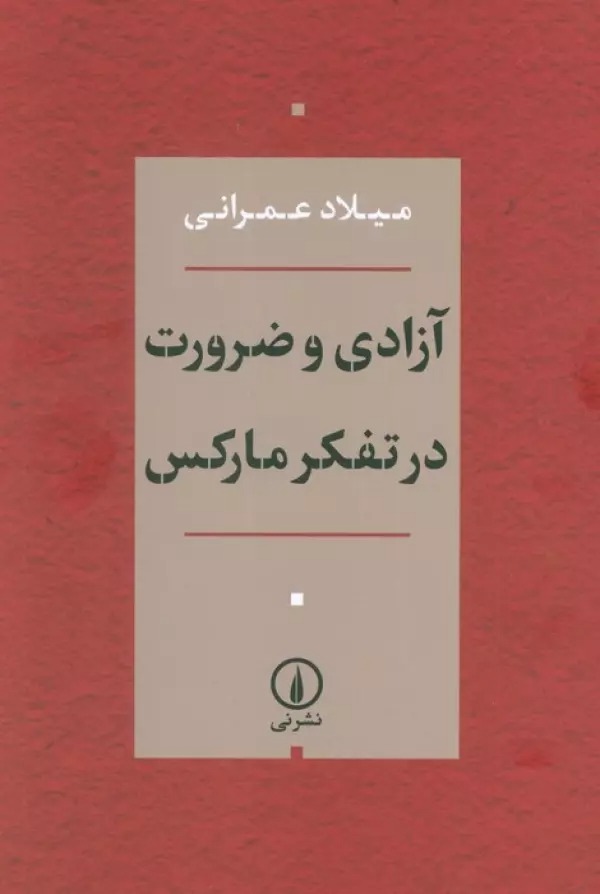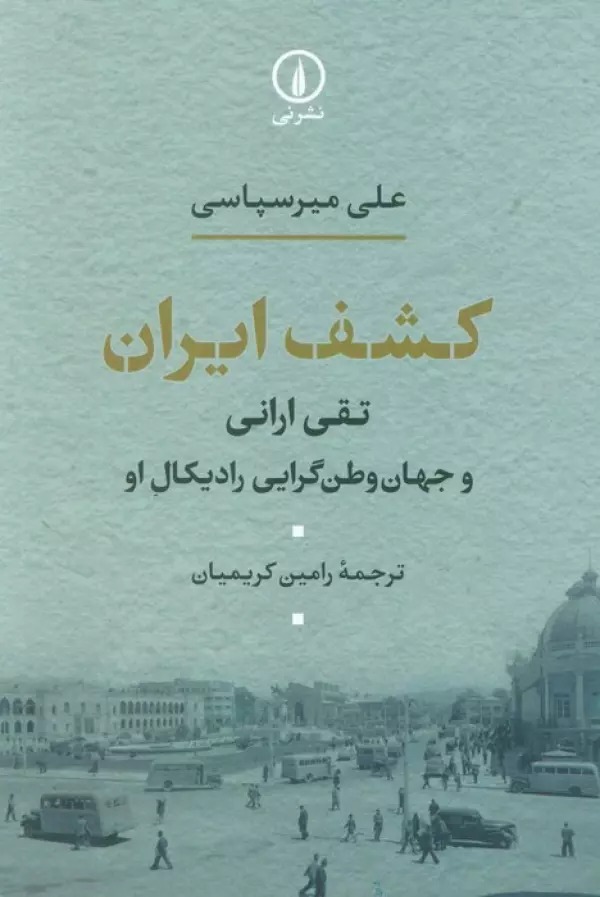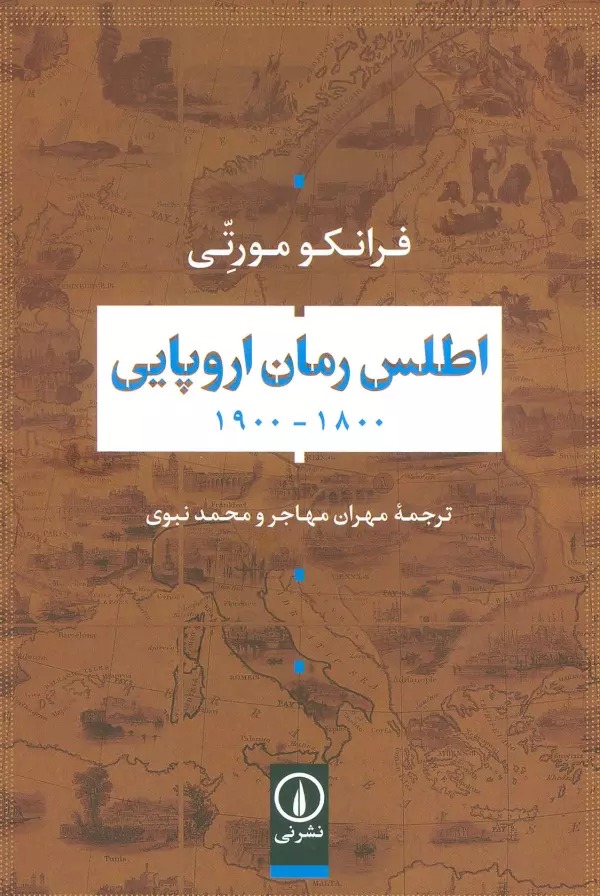Ṭabaqah va Qishrbandī-yi Ijtimā'ī: Persiska (Farsi) 1403
طبقه و قشربندی اجتماعی
156 SEK
Dela
Wishlist
Originaltitel:
Class and Stratification
ISBN:
9789641855590
Översättare:
Hūshang Nāyabī
Förlag:
Nashr-i niy
Åldersgrupp:
Vuxen
Sidor:
342
Vikt:
342 g
Produktmått:
14 x 21 x 3
,
1 cm
Bokomslag:
Pocketbok
Inequality in its many forms is becoming an ever greater problem in modern society. The revised edition of this popular book explains why it is so important to understand class and stratification, and how the tools used to analyse these divisions can help us to understand and confront problems of inequality. This third edition of Class and Stratification has been extensively revised, expanded and updated, incorporating discussions of contemporary economic and social change. It includes discussions of political and economic neoliberalism and its impacts as well as developments in social theory, such as the emphasis on 'individualization' and the 'cultural turn'. New to this edition is a chapter focusing on 'cultural' approaches to class analysis, which together with established approaches are used to explore new developments in social mobility, educational opportunity, and social polarization. The book will be essential reading for upper-level undergraduate and postgraduate students in the social sciences seeking to understand the changing face of social inequality. By highlighting the damage increasing inequality is causing to the social fabric, the book reveals the important part class continues to play in our lives today.
more
این کتاب تحلیلی است از مفهوم قشربندی اجتماعی و طبقهی اجتماعی، و نگاهی است اجمالی به تاریخ چارچوبهایی که برای درک و تبیین تداوم نابرابریهای اجتماعی پدید آمده است. همچنین در این کتاب، به میراث کلاسیک تحلیل طبقاتی و کارهای مارکس و وبر اشاره میشود. سپس نحوهی اندازهگیری ساختار طبقاتی عنوان میشود که تلاش منظمی است برای عملیاتیکردن ساختار طبقاتی برحسب تقسیمبندی ساختار شغلی. در اینجا، هم طرحهای طبقاتی رسمی مورد کندوکاو قرار میگیرد، هم طرحهای جامعهشناختی، و هم طرحهایی که محققان سیاستپژوهی و بازارپژوهی به کار میبرند.
سپس، بعد فرهنگی طبقه با شرحی از مفهوم «پایگاه» همراه با مفهوم «شهروندی» مارشال و رویکرد بوردیو به طبقه همراه با کاربردهای این رویکرد در کندوکاو طبقهی متوسط و طبقهی کارگر به میان میآید. و سرانجام نقش خانواده در بازتولید نابرابریهای طبقاتی و تحرک اجتماعی مطرح میشود.
more



